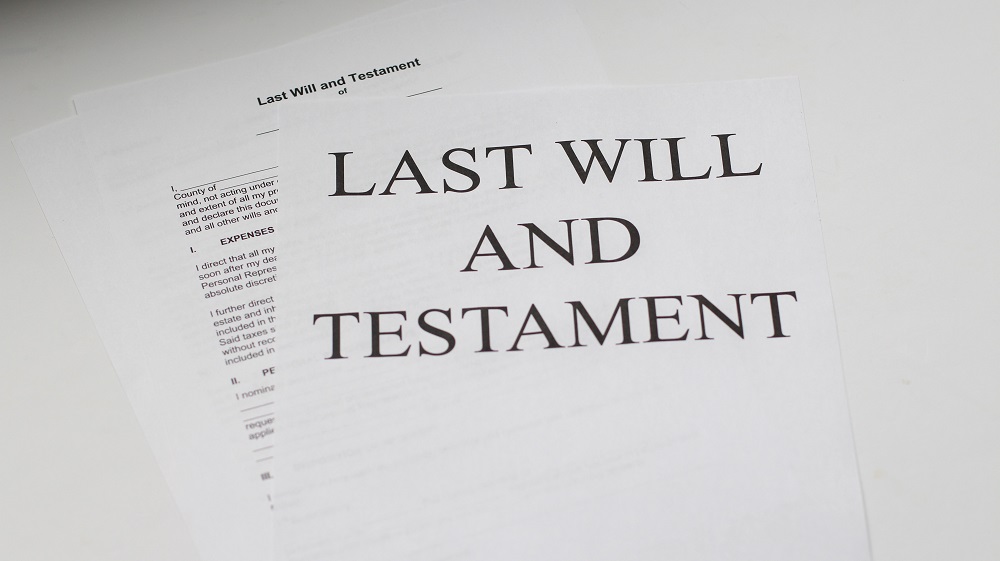An executor acts as a legal representative and carries out the wishes as described in the will of someone who has passed away. Many times a person will automatically name a relative such as a spouse, sibling, or oldest child as executor of his or her estate. However, it is important to remember that an executor is a vital and sometimes complicated role, and will require certain strengths and skills. If you are preparing your will, you want to choose someone who is organized, diligent, and of the highest integrity. This person should also be available to devote the time and attention to the responsibilities at hand.
Executor Qualifications
To qualify to serve as an executor, a person must meet certain criteria. An executor must be at least 18 years of age, be physically and mentally capable of performing the assigned duties, and be a Florida resident. A non-resident may serve if named and related to the decedent by blood, marriage, or adoption. In Florida, the executor also must not have been convicted of a felony. Even if an individual meets all these criteria, it is important for you to give careful consideration as to whether your choice is a good one based upon the duties that will need to be performed.
Duties of an Executor in Florida
The executor of an estate is responsible for the steps of probating the will, which is the process that distributes the assets and settles the debts of a decedent’s estate. The probate process can be complex. It requires extensive paperwork, a thorough analysis of the estate, and court filings. Those responsibilities include:
- Notifications
- Notifying relevant parties
- Identifying and serving notice on creditors
- Publishing a legal notice for unidentified creditors
- Asset Protection
- Inventorying and taking possession of assets of the estate
- Valuing and preserving the value of assets
- Filing an inventory with the court
- Managing or caretaking of assets
- Selling as necessary to pay taxes, pay creditors, or fulfill bequests
- Distributing assets to beneficiaries
- Taxes
- Filing estate tax returns and income tax returns for the decedent
- Settling creditor claims
- Closing out the estate
Working with an Estate Attorney
In most cases, an executor will work with a lawyer to administer and close out the estate. An estate lawyer will provide expert guidance for all aspects of the process, advise the executor about tax filings, and help ensure that all duties are properly fulfilled.
When you need counsel on estate planning, contact the experienced estate lawyers of Staack, Simms & Reighard PLLC. Work with our firm to draft your will and we will also discuss all of the factors necessary to select the most suitable executor. The more informed you are and the more thoroughly you consider the details of your end of life decisions, the more likely it is that your executor will be able to efficiently carry out your wishes. Our experience will give you the confidence to know you are taking your will and choice of executor or estate administrator very seriously, and that you are acting respectfully and responsibly each step of the way.

